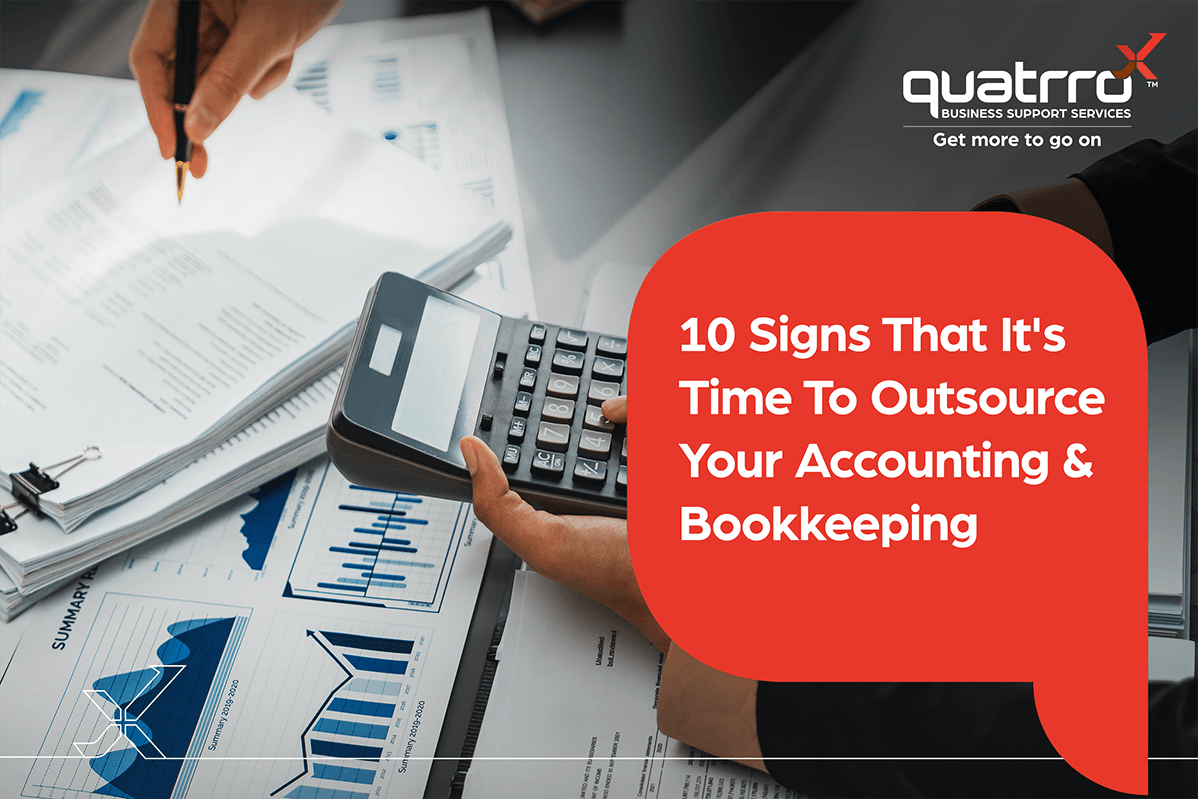Blog Details
From Numbers to Strategy: The Changing Expectations of CFOs in Retail
August 10, 2023

The role of the contemporary CFO is undergoing a significant expansion. In our blog series, “Expectations of Today’s CFO,” this particular article explores the transformative journey of CFOs in the fast-paced world of Retail. Discover how these CFOs are spearheading growth strategies, forging crucial partnerships, and charting a course toward success.
Introduction
Higher expectations of the CFO in the retail industry stem from the sector’s unique challenges. Retail is a fast-paced and competitive industry driven by changing consumer preferences and market dynamics. CFOs are now expected to navigate these complexities and provide strategic insights beyond traditional financial metrics. With data analytics and technology advancements, CFOs must leverage these tools to optimize revenue and margins, effectively manage inventory, develop pricing strategies, and integrate financial systems across omnichannel operations. They are also responsible for customer profitability analysis, fraud prevention, loss mitigation, ensuring compliance, and building strong business partnerships. Stakeholders in the retail industry demand transparency, accuracy, and timely financial reporting. CFOs must align financial goals with operational strategies and contribute to the company’s growth and profitability. These industry-specific factors contribute to the higher expectations placed on CFOs in the retail sector. This blog explores the changing expectations of CFOs in the retail industry and explains the specific areas where their expertise is crucial. From leveraging advanced data analytics to optimize revenue and margins to implementing effective inventory control measures and developing personalized pricing strategies, CFOs must drive financial success and ensure the organization’s growth and sustainability.Revenue and Margin Analysis
CFOs are not solely tracking financial metrics but a comprehensive and strategic approach to revenue and margin analysis. Today, CFOs use advanced data analytics and technology to gain deeper insights into revenue generation and margin optimization. Moreover, CFOs now play a key role in decoding underlying spending patterns and assessing their cost ramifications. They analyze the impact of procurement on the larger organization, identifying cost-saving opportunities and optimizing supplier relationships. Additionally, CFOs are responsible for identifying potential risks that may impact the organization’s reputation and implementing risk management strategies to manage them. Overall, CFOs in the retail industry must take a proactive and strategic approach to revenue and margin analysis. By leveraging data analytics, understanding profitability drivers, analyzing spending patterns, assessing procurement impact, and identifying risks, CFOs can effectively drive revenue growth, enhance margins, and ensure the organization’s financial health within a competitive retail landscape.Inventory Management
CFOs in the retail industry have a critical role to play in inventory management, ensuring optimal levels and maximizing profitability. Their approach has evolved to align with changing consumer demands and market dynamics. CFOs now leverage advanced forecasting and demand planning techniques to optimize inventory levels, utilizing historical sales data, market trends, and predictive analytics. Adopting sophisticated inventory management systems and demand-driven replenishment strategies minimizes excess inventory and reduces carrying costs, improving cash flow and profitability. CFOs also implement inventory control measures, monitor stock turnover ratios, and reduce inventory write-offs and markdowns. They optimize inventory across multiple sales channels using tracking systems and real-time data analytics. This expanded responsibility allows CFOs to minimize cash tied up in inventory while meeting customer expectations. By partnering with the business on targeted improvements, CFOs can put their name on strong financial results and contribute to overall business success.Pricing Strategies
CFOs in the retail industry have had to evolve their approach to pricing strategies to drive revenue growth and enhance profitability. Traditionally, pricing was based on cost-plus models, but with the rise of e-commerce and increased competition, CFOs now employ data- driven techniques for setting the best prices. Through IoT, automation, and data analytics, they customize marketing strategies and fine-tune pricing and promotions, improving profitability and customer satisfaction. They analyze customer segmentation, competitor pricing, and market trends to make informed decisions. CFOs also embrace dynamic pricing, adjusting prices in real-time based on demand, inventory levels, and seasonality. This allows them to capture maximum value and respond swiftly to market fluctuations. CFOs play a crucial role in pricing promotions and discounts and assessing their financial impact. They must explore customer-centric pricing strategies by personalizing prices based on customer behavior. They have been forced to consider alternative pricing models such as subscriptions, tiers, and value-based pricing to differentiate offerings and align prices with perceived value. Regular price reviews and performance monitoring enable CFOs to make agile adjustments when they are needed.Omnichannel Financial Integration
CFOs are being called upon to play a vital role in omnichannel financial integration, orchestrating the seamless integration of financial operations across various channels. Collaborating with key decision-makers, such as Chief Marketing Officers and Chief Technology Officers, they align financial goals with broader business objectives. These CFOs must develop robust financial infrastructure, implementing systems to track sales, inventory, and customer data in real-time, empowering data-driven profitability optimization. Their focus extends to establishing effective risk management strategies, identifying and mitigating financial risks associated with payment processing, cybersecurity, and compliance across multiple channels. By safeguarding the organization’s financial integrity and building customer trust, CFOs contribute to the business’s long-term success. Leveraging data analytics and financial insights, CFOs can analyze customer behavior and channel performance to identify opportunities for revenue growth, cost optimization, and operational efficiency. Their mature and insightful approach is called upon to guide strategic initiatives and inform decision-making, ensuring financial operations align with broader business goals.Customer Profitability Analysis
CFOs today have a crucial role in customer profitability analysis, particularly in omnichannel sales environments. They must oversee data integration from multiple systems, enabling a comprehensive view of customer transactions for accurate profitability analysis. Collaborating with marketing and analytics teams, CFOs can then implement attribution modeling techniques to optimize marketing investments and enhance customer profitability. They analyze customer profitability across different sales channels and segments, guiding personalized strategies and resource allocation. Additionally, CFOs should perform Customer Lifetime Value (CLV) analysis to identify high-value customers and allocate resources accordingly. By evaluating the ROI of marketing initiatives, CFOs are able to prioritize investments for maximum profitability. They are also able to use the information to address potential risks associated with omnichannel sales and financial systems, implementing robust controls and ensuring data security. CFOs are able to leverage all this information to provide decision-makers with comprehensive insights, supporting strategic decision-making and driving sustainable growth.Fraud Prevention and Loss Mitigation
Fraud prevention and loss mitigation are key priorities for CFOs in the retail industry. The retail sector faces significant risks due to high transaction volumes and complex supply chains, so CFOs must proactively address these challenges. CFOs can collaborate with internal teams and leverage advanced technologies to implement robust fraud prevention strategies. They must establish internal controls, conduct risk assessments, and employ fraud detection tools to identify and prevent fraudulent activities. By promoting a culture of integrity and providing employee training on fraud awareness, CFOs create a vigilant environment. Additionally, CFOs are called upon to work closely with external partners to strengthen fraud prevention efforts. They must establish secure payment systems and share information to combat emerging fraud threats. In terms of loss mitigation, CFOs analyze potential risks and implement measures to minimize losses. They must develop inventory control systems and optimize operations to enhance efficiency and reduce the impact of theft or supply chain disruptions. Through their proactive approach, CFOs can protect retail businesses from financial harm, maintain customer trust, and ensure a secure operating environment.Bridging Financial Results With Operations
CFOs are essential in bridging financial results with operations and bringing additional value to the organization. By optimizing resource allocation, the CFO ensures financial investments will support growth and generate the highest returns possible. They must analyze financial metrics specific to the retail industry, such as sales revenue, gross margin, and same-store sales growth, providing actionable insights to guide operational decisions and enhance profitability. By leveraging technology and data analytics, the CFO is able to gather real-time data on sales, inventory, and customer behavior, enabling data-driven decisions that improve operational efficiency, cost management, and pricing strategies. Risk management and compliance are paramount in bridging financial results with operations by mitigating financial and operational risks. Additionally, the CFO is responsible for managing the capital structure and funding requirements, optimizing the mix of debt and equity financing while exploring strategic partnerships and evaluating investment opportunities for growth. The CFO enhances financial performance, operational effectiveness, and long-term success by strategically aligning financial and operational goals, analyzing performance metrics, driving efficiency, leveraging technology, managing risk, and optimizing funding.Planning for Every Possible Event
Planning for various events that could occur is critical to a retail CFO’s role. While traditional budgeting and forecasting remain important, CFOs must now proactively anticipate and prepare for potential risks and opportunities as well. Financial risk management is obviously a key area for these CFOs. They must assess things like market volatility, currency fluctuations, and credit risks, developing strategies to mitigate them. In strategic planning, CFOs collaborate with the executive team to align financial plans with strategic objectives across the organization. They should analyze market trends, competition, and consumer behavior to identify opportunities and threats to stay ahead of. Scenario planning is key, where CFOs should assess potential events and their possible impact on the business and develop action plans to manage and mitigate. CFOs can leverage financial modeling and forecasting techniques to simulate scenarios and make those necessary informed decisions. Continuity plans, legal documents, IT plans, inventory management, scenario exercises, access to cash, and response strategies are all keycomponents of effective event planning.Expanding, Strategizing and Building Business Partnerships
Today, successful CFOs are instrumental in expanding businesses, strategizing growth, and forging strategic partnerships. As retailers face intensifying competition and disruptive technologies, CFOs have emerged as key strategists. This is because they possess a comprehensive understanding of financial intricacies and are uniquely positioned to identify growth opportunities. They can assess expansion plans, evaluate potential risks, and optimize resource allocation. Moreover, today’s CFOs are pivotal in building the right strategic partnerships, unlocking synergies, and fostering innovation that can lead to growth. They must be keen to identify potential collaborators, evaluate strategic fit, and negotiate mutually beneficial agreements to be successful. By cultivating an extensive network of industry relationships, CFOs can leverage partnerships to gain market insights, access new customer segments, and drive revenue growth. By actively engaging in expansion and partnership initiatives, CFOs contribute to the organization’s strategic vision, enhance market competitiveness, and drive long-term value creation. Their involvement enables senior decision-makers to capitalize on emerging opportunities, navigate industry disruptions, and propel the organization toward sustainable success.Conclusion
In conclusion, the changing expectations of CFOs in the retail industry reflect the unique challenges and dynamics of the sector. As the industryrapidly evolves, CFOs are required to adapt and expand their roles beyond traditional financial transactions and processes. The demands on them have increased significantly, but the outcome of those increased demands, for those that can meet the new needs, is a new world of exciting opportunities driven by strategic vision for the future..Latest Insights
Related Blogs
Contact Us








